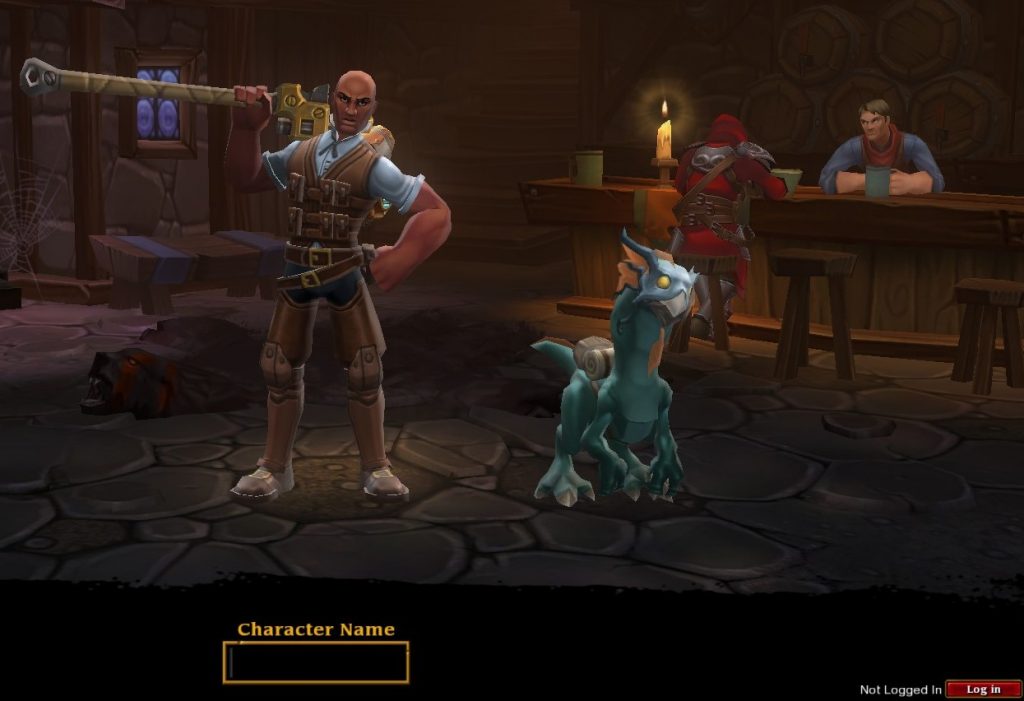
Howdy folks!
Back on the blog train after a long hiatus during which I was so buried in work there was no time to blog. Today I want to talk about character.
In almost every edit letter I write, I coach the authors I work with on one or more characters. Without great characters, readers won’t care about your book. Even with a great plot, a great setting, and gorgeous prose, people like to read about people. It’s what drives us to tell and listen to stories in the first place.
So one of your tasks as an author is to immediately give the reader a character to care about. That can be a daunting task, especially if you’re new to the craft. I’ve spent my editing career studying bestsellers, trying to figure out how they work, and I’ve noticed that in every bestselling book I read, six things are apparent by the end of the first chapter:
- Who the main character is
- What the main character values
- How the main character reacts when what they value is threatened
- What the main character wants
- What’s in their way
- What they’re doing about it
I call these the six pillars of character, and I’m going to describe them one by one here on the blog over time.
We’ll start with Who the Main Character Is. It’s the most basic of the six, and I see a number of beginning authors, particularly ones writing epic fantasy, struggle with it. So here’s a basic rule:
- In order to hook your readers, you must tell them who your story is going to be about.
There are many, many ways to do this, and when I edit, my goal is to lead the author toward the way that feels most natural to them. But in most cases, this means using the point of view in your first chapter to signal to your reader who the most important character is. Depending on the point of view you’ve chosen, this can be simple or tricky.
- In first-person point of view, it’s dead easy. Whoever is “I” is the protagonist, and that’s immediately clear to the reader.
- In third-person limited point of view, it’s still fairly easy. Whoever’s head we’re in (whoever’s subjective thoughts we’re receiving along with objective description: “The sleet was colder [objective] than her mother’s cursing [subjective].”) is going to be our protagonist. So make sure you stick to one character’s thoughts, and give us plenty of interesting ones. Use your language to establish a distinctive voice for them, and it’ll be clear that they’re our main character.
- In third-person omniscient point of view, it’s trickiest. Your best bet is to signal who the protagonist is by focusing the chapter on them. We may be introduced to many characters. We may get many characters’ thoughts. But all of them should loop back around to the main character and affect their story in some way. Ken Liu’s The Grace of Kings does a great job of this, if you’re looking for an example to study.
- If you’re writing in second-person point of view, you overachiever you, the protagonist is “you,” whoever that is. This is, I think, the hardest point of view to work in, and best left until after you’ve mastered all the others. But if you’re trying it, you-the-author need to establish who you-the-reader is. Typically this is done by making sure your opening contains at least as much information about character as it does action. “You open the door” tells the reader nothing. “You scream at the kids, with their purple hair and saggy pants and wallet chains and ugly T-shirts, to stop cutting through your lawn” tells them more. “You hate everything you don’t understand, and you understand very little” tells them a lot. Combine the three sentences into a paragraph, and you’ve established a character.
That’s it for now! Like I said, this is the easy one. They’ll get more complex as we work down the list. If you have any questions, ask them in the comments, and as a reminder, you can always contact me at jeff [at] jeffdoesbooks.com to book me to look at your novel or short story.








